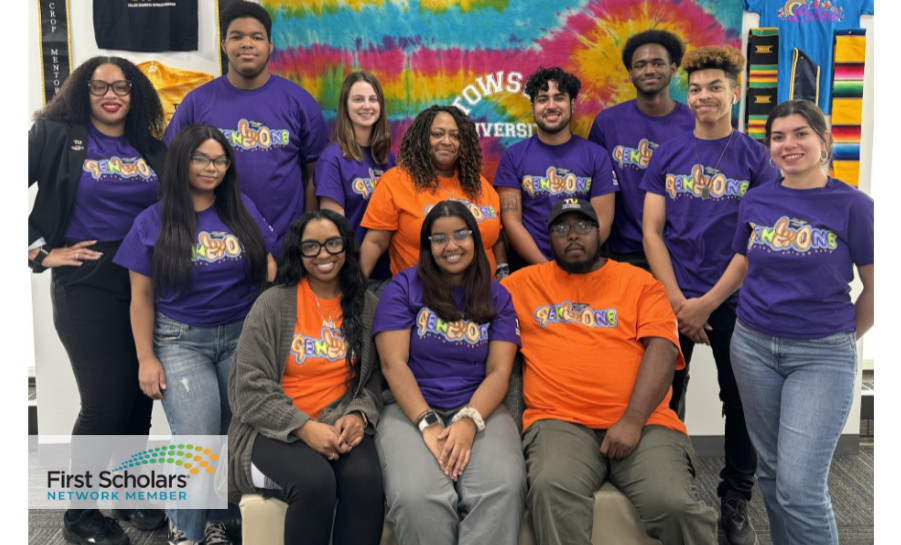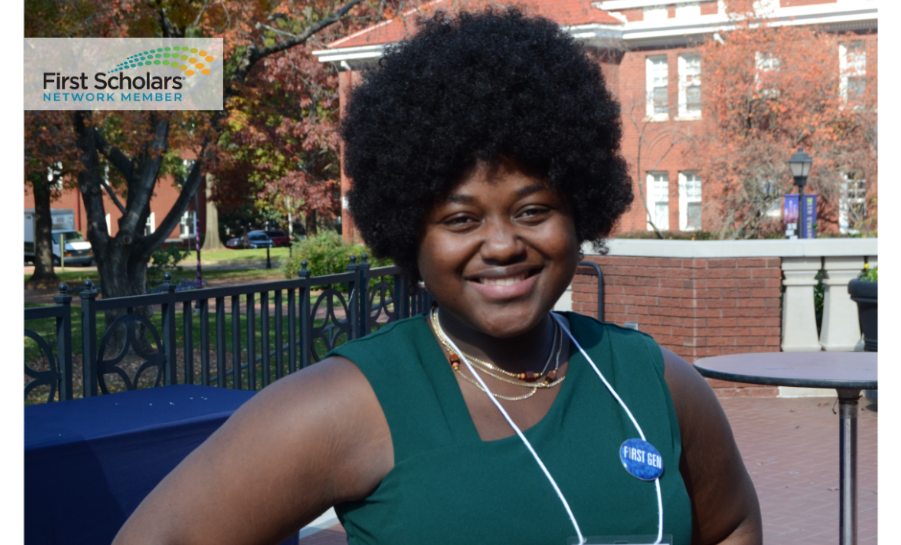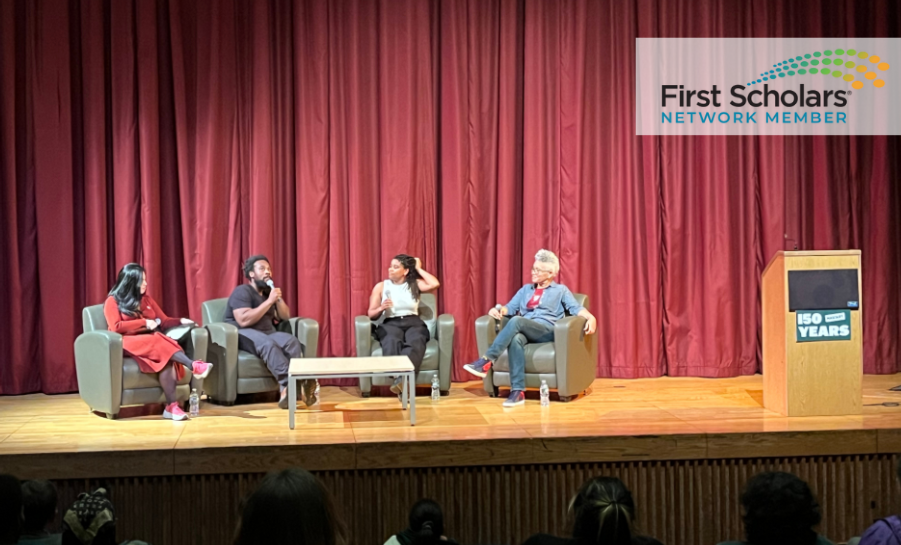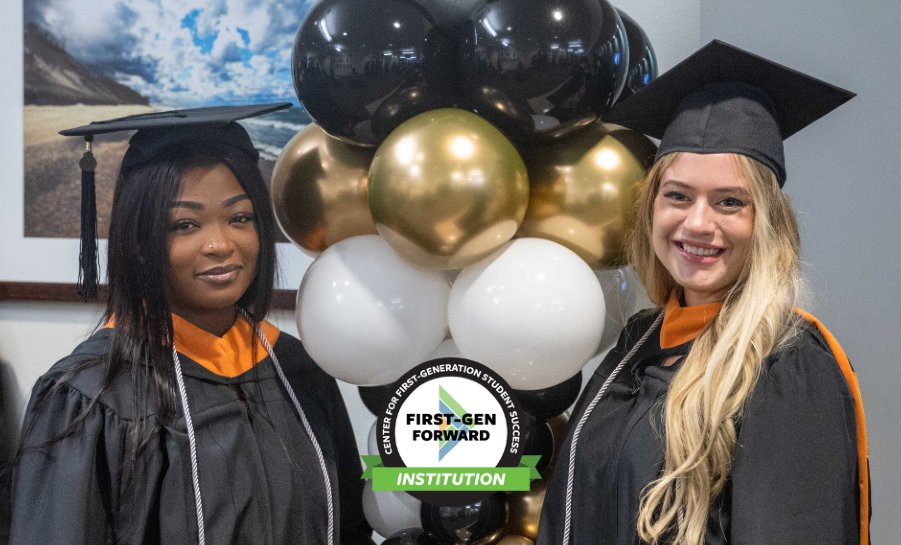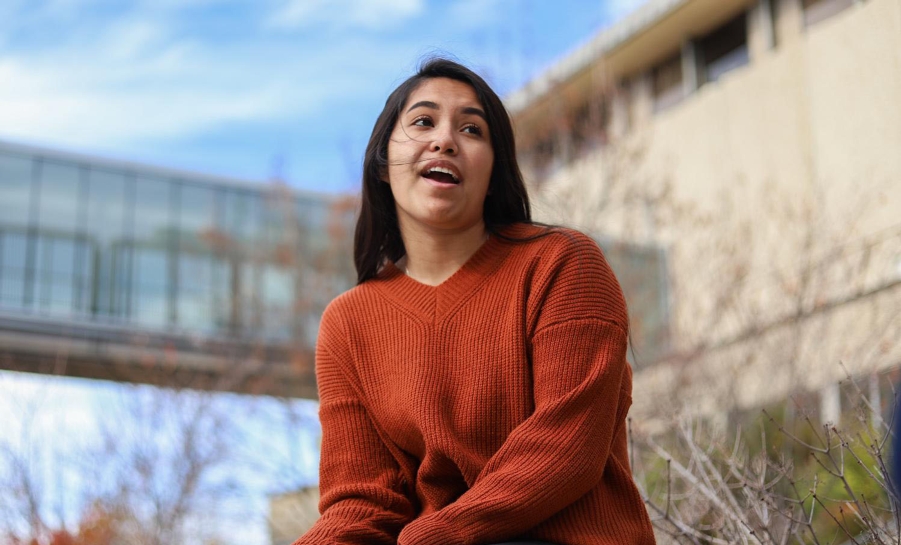Educating the higher education community about the needs and experiences of first-generation students is crucial in fostering a more equitable and supportive environment for their success. In the ever-evolving landscape of higher education, universities are striving to create inclusive environments that cater to first-generation college students. First-generation college students often face unique challenges and hurdles on their academic journey. It is imperative that their community is educated and aware of their needs.
First-generation students bring a wealth of untapped potential to universities. However, their path to academic achievement frequently requires additional support navigating the complexities of higher education. Without the benefit of parental guidance shaped by personal experiences, these students may require the higher education community to implement additional support with college applications, financial aid processes, and understanding the academic culture.
To bridge this gap, institutions must prioritize initiatives that educate faculty, staff, and fellow students about the distinct challenges faced by first-generation students. Awareness campaigns can offer valuable insights into the unique needs and strengths of these individuals. This fall, we launched the first initiative in our first-generation awareness campaign during our GenOne week activities. Student Success Programs collaborated with Office of Inclusion & Institutional Equity, Center for Student Diversity, Student Government Association, and current first-generation students to create an educational first-generation awareness video. Adrian Battle-Marston, Coordinator of Diversity, Equity, and Inclusion Education, led the charge of raising awareness and educating the Towson community by coordinating the creation and production of the video. Adrian shared these sentiments when asked why he decided to create the video:
I think it’s important for people to familiarize themselves with an identity that reflects such a large percentage of any higher ed student population. As a first generation myself, I had no idea there was a term that fit my unique experience while I attended college. It could have helped me out quite a bit. As a full time TU (Towson University) employee, I’ve had a similar experience when interacting with students. When we ask them if they’re first gen, many will say ‘what’s that?’, followed by a ‘oh I guess I am one!’. The more we can educate our campus, both students and employee alike, the better we can make the college experience for many first gen students throughout their time here.
The first-generation awareness video expresses what a first-generation student is and how faculty and staff can support them in different ways. View our video
here. During GenOne week, the
video was featured in TU Today, a daily publication sent to the entire Towson community via email. We posted the
video to our social media platforms (
Instagram and
LinkedIn) and included it in our National First-Generation College Celebration on November 8th. The video received great feedback from students, faculty, and staff. Tselotei Mekonnen, a first-generation sophomore studying Health Care Management, shares her experience:
I have an older sister that is currently in college and because she started before me, I thought that meant that I couldn't be a first-generation student. Coming to the SSP [Student Success Programs] office helped me realize otherwise. During GenOne week, I learned that I am actually considered first-gen because our parents didn't attend a 4-year university and with that knowledge I opened myself up to the opportunities and resources provided by Student Success Programs for students like me.
Many students expressed similar sentiments regarding their status as a first-generation student. Student Success Programs plans to continue their awareness campaign by meeting with the faculty and staff in each of the colleges, starting in the spring 2024 term, to provide education and opportunities to collaborate in support of first-generation students on campus.
In conclusion, educating the higher education community about the needs and experiences of first-generation students is pivotal in creating an inclusive environment where every individual can thrive. By acknowledging their challenges and strengths, providing targeted support, and fostering a sense of belonging, universities can empower first-generation students to excel academically and contribute meaningfully to society. Embracing diversity and inclusivity isn't just an aspiration but a responsibility for building a brighter and more equitable future in higher education.
For more information on Towson University 's approach, please visit their website here.
